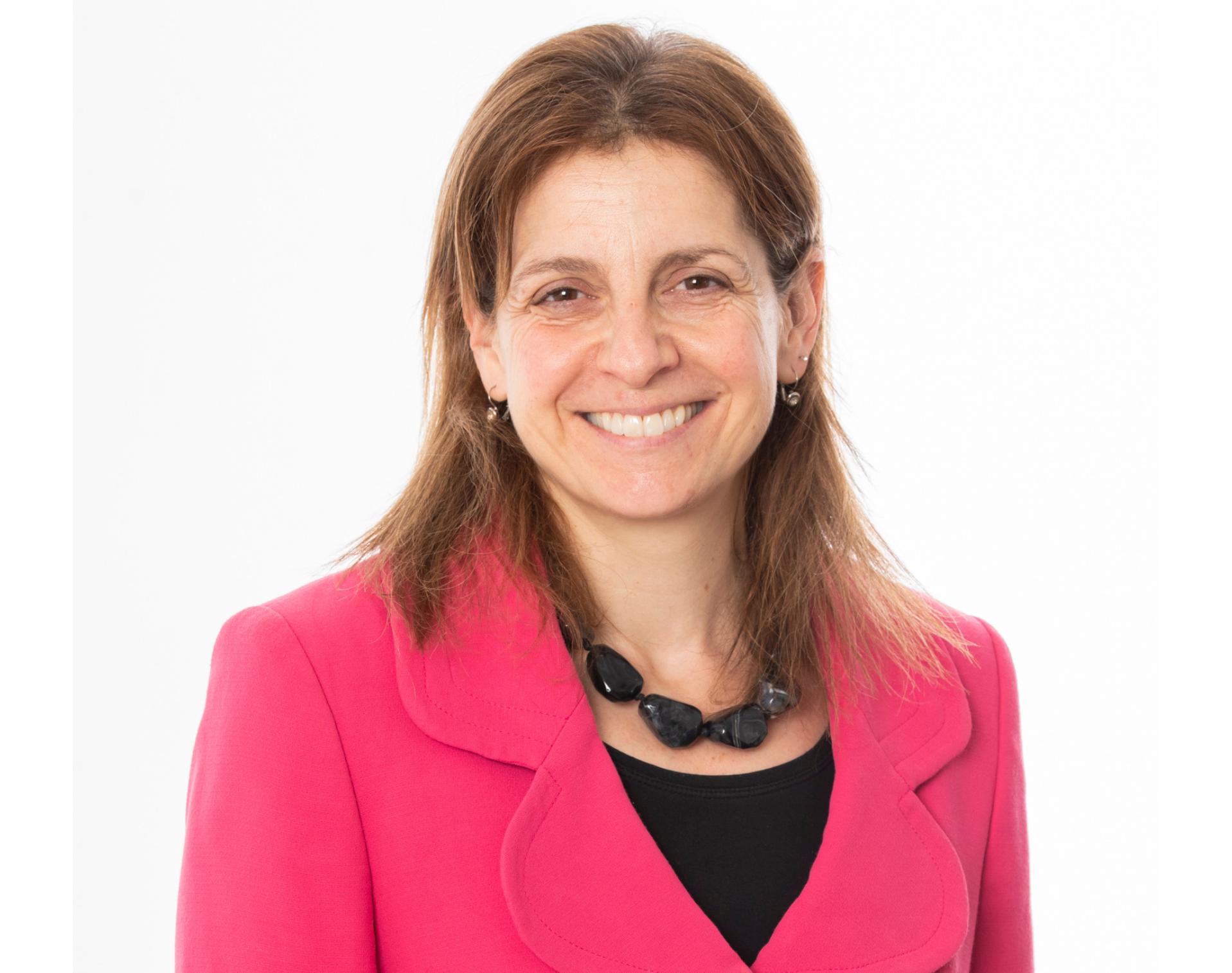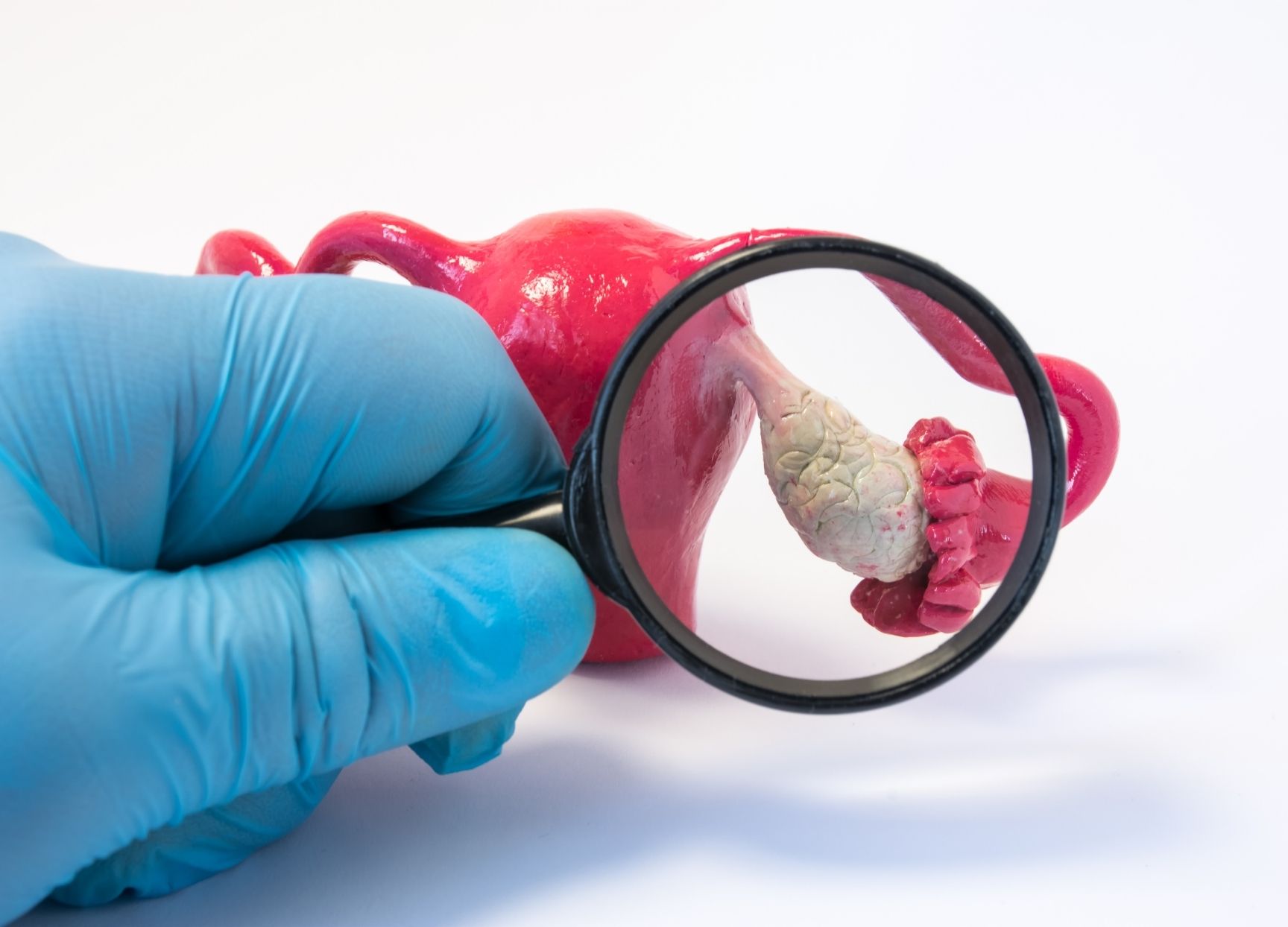Although first described nearly 100 years ago, we still do not fully understand why the syndrome occurs although we do know that there can be, in part, a family tendency, which is also linked to a family tendency to insulin resistance, type 2 diabetes mellitus and the metabolic complications that can go along with these.
The symptoms can vary very widely between different people and while there is no single test that ‘proves’ or ‘disproves’ the diagnosis, a combination of the story, the physical findings and blood and scan tests can help to piece things together and to exclude other potential hormonal problems.
Not all women will experience all of the problems that can go along with PCOS but these include absent or irregular periods, extra growth of body hair particularly on the upper lip, chin, neck, chest, upper and lower abdomen, arm and inner thigh, thinning hair on the scalp, acne, skin tags or dark, velvety skin on the neck, armpits and groin. Some women find that they gain weight or find weight more difficult to lose and this may be linked to snoring at night or obstructive sleep apnoea. There may also be concerns about fertility. All of these symptoms can feel quite dispiriting and specific and targeted treatments may help, depending on which are the most troublesome.
In addition, and even if PCOS is not causing major symptoms, it is important to seek advice because the condition has long-term health implications including increased risks later in life of developing diabetes, heart disease and (rarely) endometrial cancer. Therefore, in addition to targeted treatments, this is an opportunity to consider lifestyle changes, around diet and activity to improve long-term health and wellbeing.

